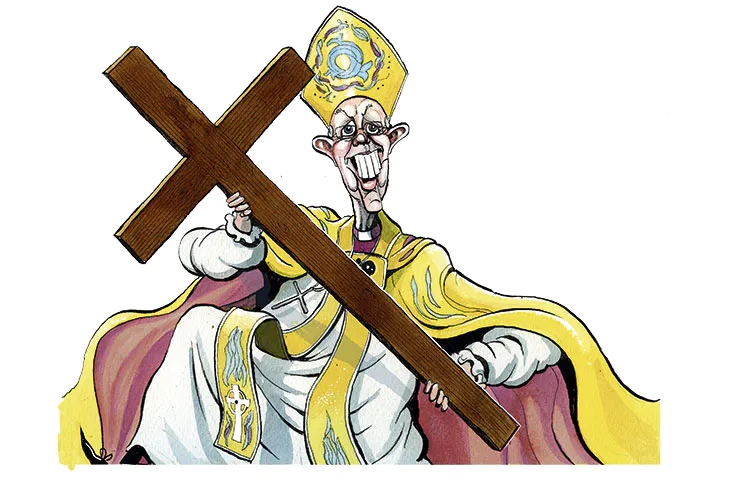The SNP leadership contest should not be about Kate Forbes’ religious faith but that issue has quickly come to dominate. The 32-year-old is a member of the Free Church of Scotland, a small outfit that hews to Scripture on the sanctity of marriage and life. Now that she is running for SNP leader, she is being asked whether she would have voted to permit same-sex marriage had she been an MSP at that time.
Already a subscriber? Log in
Subscribe for just $2 a week
Try a month of The Spectator Australia absolutely free and without commitment. Not only that but – if you choose to continue – you’ll pay just $2 a week for your first year.
- Unlimited access to spectator.com.au and app
- The weekly edition on the Spectator Australia app
- Spectator podcasts and newsletters
- Full access to spectator.co.uk
Or




















Comments
Don't miss out
Join the conversation with other Spectator Australia readers. Subscribe to leave a comment.
SUBSCRIBEAlready a subscriber? Log in